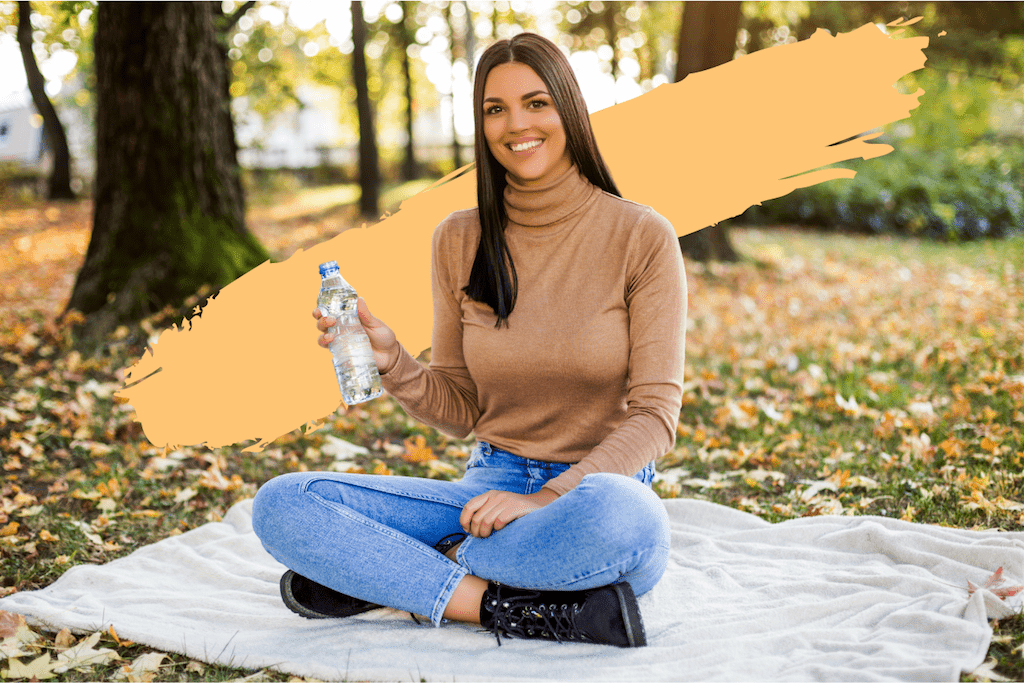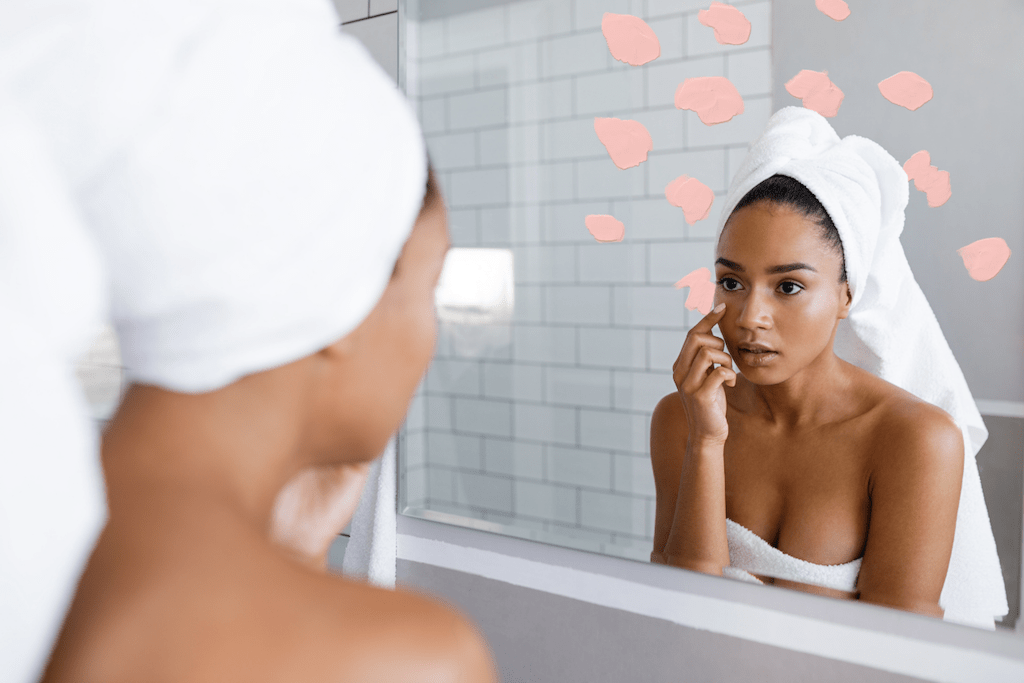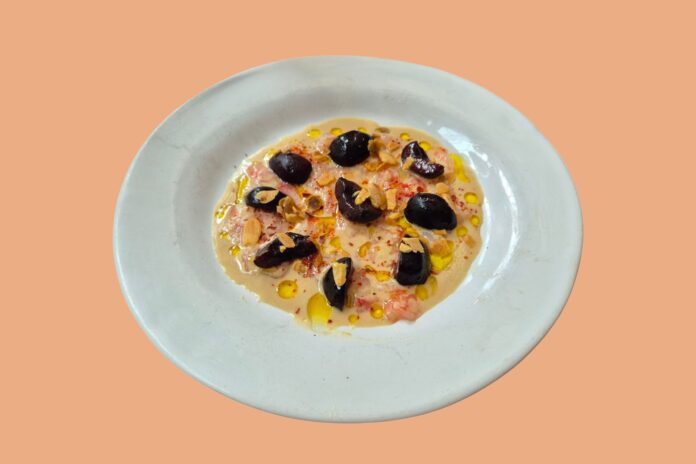A pulsating feeling in your head, the feeling that a cat has died and crawled into your mouth, a wave of nausea after you eat that obligatory McDonalds, a feeling of general malaise that lasts for days. Yep, it’s a hangover, alright, and it’s one that we’re looking forward not to having for the next 31 days.
As summer comes to a close and hibernation season begins, many Brits are pledging to Go Sober for October, with bank balances and bodies feeling the strain of the past few months of partying. With the vast majority having made the most of lockdown lifting after 18 months spent largely indoors, has there ever been a better time for a month of sobriety?
But if you’re on the fence about whether you’re going to go sober for October, then with the help of Bax Botanics, purveyors of some of the finest alcohol-free spirits around, here are 7 surprising ways alcohol affects the body (spoiler alert; they’re all bad).
STRESS AND ANXIOUS THOUGHTS
How many of us ‘wine down’ after a stressful day? Needing a drink is all too often an automatic response to a stressful event or a bad day but it can be a vicious cycle; if you’re already feeling stressed, alcohol can exacerbate these feelings.
This can be particularly acute the day following a drink, when alcohol starts to leave your body and a hangover sets in. The drop in blood sugar levels causes more stress in your brain, triggering anxious thoughts and feelings.
Indeed, hangover anxiety, or “hangxiety”, is a very real thing. As reported by the Guardian, alcohol targets the GABA (gamma-aminobutyric acid) receptor in the brain which calms the brain, which is why you feel more relaxed and cheerful when you drink. However, after your third drink, you start blocking glutamate.
Put simply, “More glutamate means more anxiety” and “Less glutamate means less anxiety.” When you stop drinking, your gaba and glutamate get all messed up which leads to that feeling of dread that many refer to as ‘the fear’.
Read: How to lose the booze and drink less this autumn

AN AGED APPEARANCE
‘’Is booze-free the new Botox?’’ recently asked one newspaper who we’d rather not link to. Well, maybe not, but there’s no denying that alcohol in excess can have a pretty harsh impact on your skin. Indeed, alcohol can impact your appearance, dehydrating the skin, and is one of the worst and most aggressive compounds when it comes to skin destruction.
As such, people who drink regularly often look older than those who don’t for this reason.
So how exactly does it dehydrate the skin? As GQ explains, “the body metabolizes the alcohol from an enzyme in the liver, which releases a byproduct called acetaldehyde. This byproduct is toxic to body tissues. In turn, body tissues and skin are dehydrated”. And this causes premature aging of the skin.
And if that wasn’t all, alcohol also inflames the skin, causing redness that can become permanent over time. It may take as long as a month without drinking for the skin to bounce back.
So, instead of spending a fortune on creams, serums and facials to help keep you looking fresh and invigorated, cutting back on booze could be the cleanest, clearest path to younger-looking skin for longer.
SPLIT HAIR AND BRITTLE NAILS
Alcohol doesn’t just make your skin look older. The dehydration caused by alcohol can impact your hair, too, making it appear dull and lifeless, and more prone to split ends. This is because our hair is just as reliant on hydration as the rest of our body. Having brittle and dry nails can also be a symptom of drinking alcohol, so even if you’re not going sober for October, do remember to drink plenty of water this autumn to keep your locks luscious and your nails healthy.

NIGHTMARES AND BAD SLEEP
Alcohol has a negative impact on your sleep and can even give you nightmares. While it may feel as though you drift off as soon as your head hits the pillow, alcohol will be disrupting your REM sleep – the period in the night when we dream. REM sleep is supposed to be restorative, but disruption can cause drowsiness and poor concentration the following day.
Read: 6 smart ways to make your sleep deeper and more restful
ITCHY, BLOODSHOT EYES
Staying off the booze can even improve your eye health. Binge drinking can cause symptoms associated with dry eyes, such as swollen blood vessels. This can make the eyes look bloodshot, and cause itchiness, irritation and fluctuations in vision. And no one wants that, right?
KILLING ‘GOOD’ GUT BACTERIA
The importance of having healthy gut bacteria can’t be overstated, with the gut microbiome playing a vital role in regulating digestion and benefiting our immune system. In fact, an imbalance of healthy and unhealthy microbes in the intestines may even lead to weight gain, as well as increasing cholesterol and blood sugar to unwelcome levels.
Here’s the thing; alcohol can have a negative impact on our microbiome by killing many of the beneficial bacteria. As such, cutting down on drinking can allow the “good” bacteria in your gut to come back.
Read: 6 IDEAL ways to improve your gut health
LOSS OF MEMORY
We all know alcohol impacts the brain; we’ve all slurred a little after one too many or forgotten elements of a night out, only to be reminded in the WhatsApp group chat the following morning. Or afternoon…it’s more likely the afternoon.
This is because booze alters the levels of neurotransmitters in the brain. But the long term effects of this alteration are far worse; a period of prolonged heavy drinking can actually shrink brain volume, which is more commonly a sign of brain ageing.
THE BOTTOM LINE
There are huge physical and mental benefits to cutting down on alcohol, and for those who want to Go Sober this October or perhaps cut down for good, there’s plenty of great tasting alternatives out there, if you’re keen to stay social and enjoy a treat tipple from time to time. We’ll raise our non-alcoholic beer to that!





